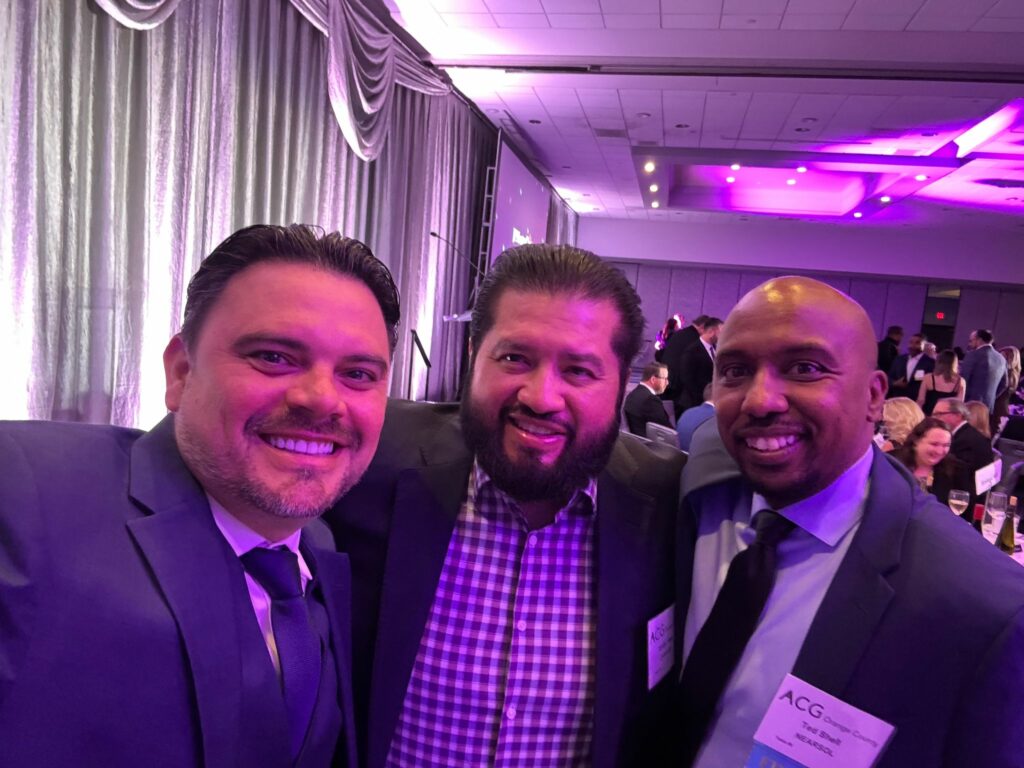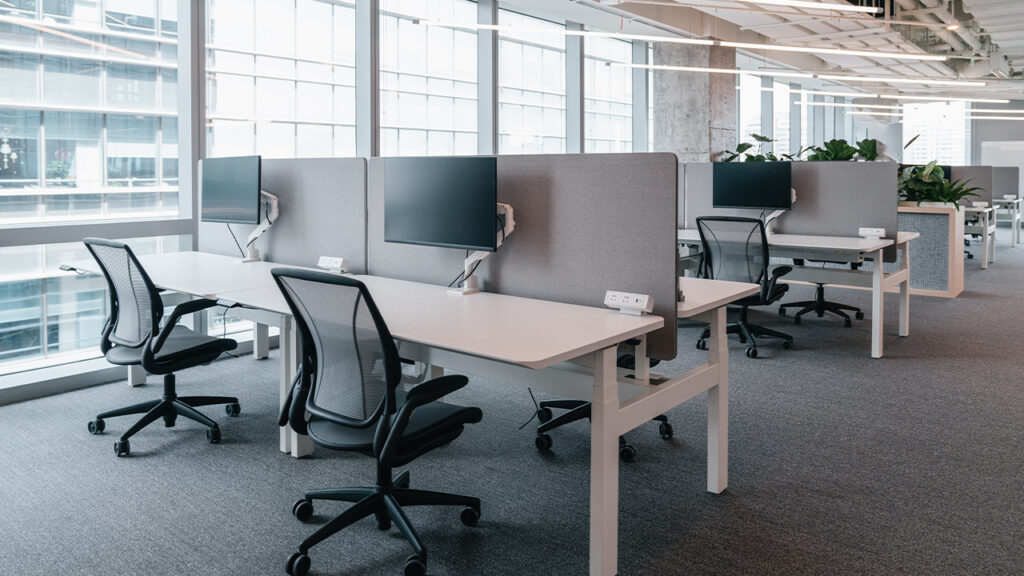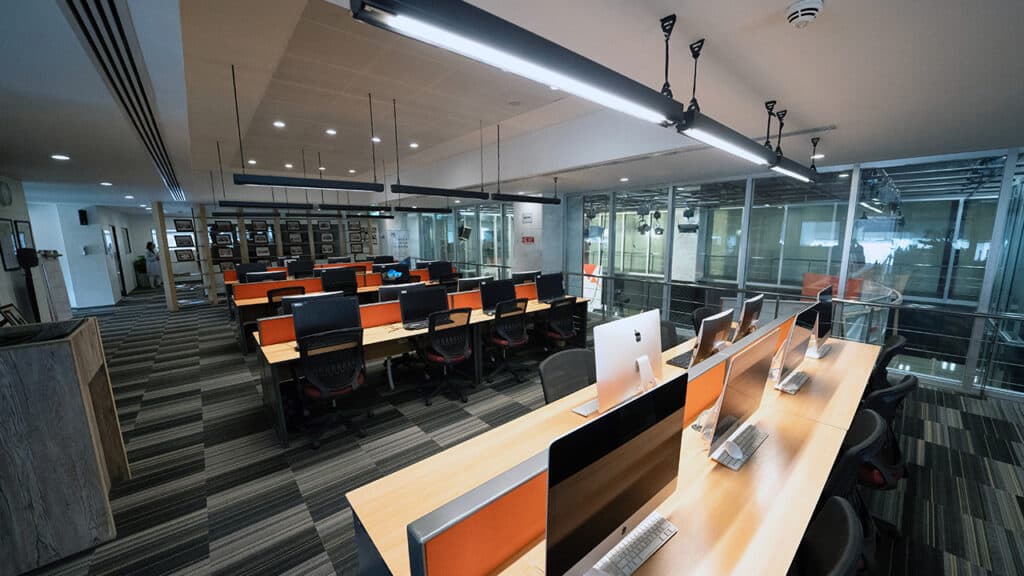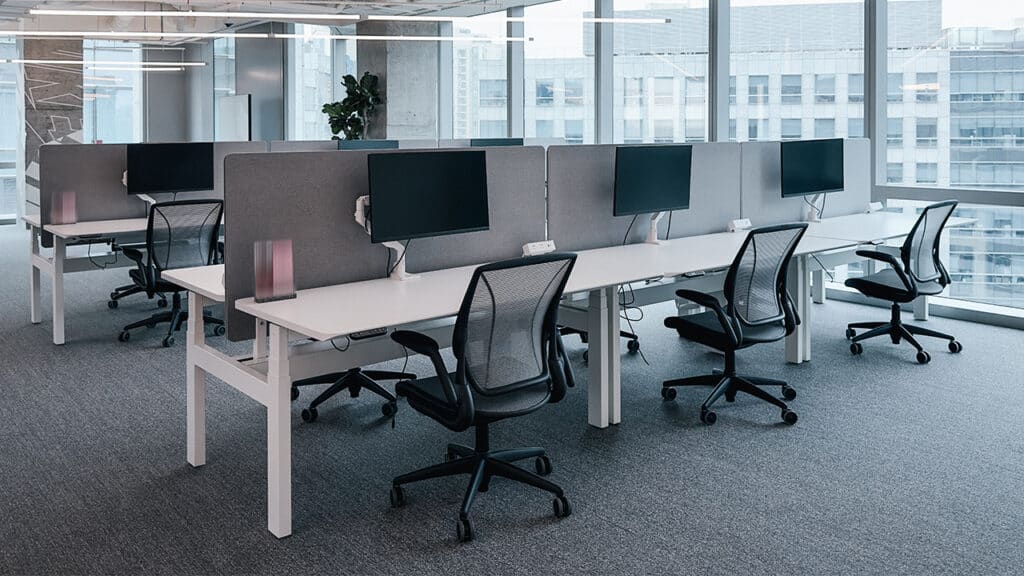During the Covid pandemic, the entire Business Process Outsourcing (BPO) industry embraced work-from-home (WFH) employees so they could continue to deliver services to clients. The contact centers were shuttered, but the agents could still operate from home thanks to virtual contact centers in the cloud that would securely route calls to the agents.
Now in the post-pandemic business environment, companies need to plan the best way out of the crisis, there are many options emerging. Many contact center employees preferred working from home and want to retain that option – at least for some time during the week. Many companies found that they could schedule more flexible shifts when their team was based at home because split shifts are easier when no commuting is required.
The BPO industry is demanding a more flexible work environment that is beneficial for employees, and for companies that want to create more flexible workforce management (WFM) processes – focusing more people on busy periods during the day and allowing time off during quiet hours. including rotating staff to different times of day and allowing time off in off-hours is becoming more common in businesses seeking to balance the hours their employees work with their productivity and morale.
But there is an extra dimension to this debate in the Philippines. The government demanded that BPO companies get all their employees back in the office early this month
This has unsettled the industry, CNN has reported that some BPOs in the Philippines are either defying the government order or have announced that they will remove their workers from the PEZA restrictions – so they can continue to work from home.
At NEARSOL we can see that this is a complex debate. There is no simple solution to this question of how to return to business as normal. Employee and customer expectations have changed throughout the pandemic so it is too simplistic to expect that there should just be an overnight return to how business functioned in 2019.
There are some advantages to teams congregating inside contact centers – like our centers in the Philippines. It is easier to socialize and feel part of a real team when you can see and hear your colleagues. The office provides facilities for training and meetings and is designed to help people do their job more effectively.
But after two years of WFH there will be challenges in suddenly changing. Some employees may not appreciate that there is a need for any change. If business has been running well using remote teams then why is there a need to change? Some team members have joined during the pandemic and they have never worked from the office environment.
NEARSOL is certified as a Great Place To Work® in the Philippines. During the last Great Place To Work audit, 89% of our team agreed that Nearsol is a great place to work compared to an average of about 53% in the Philippines. We didn’t achieve this recognition by ignoring how our employees want to work so we are going to continue to consult with them to find the most effective path back to business as normal.
Covid changed the world, no company can expect to switch back to the processes that were typical in 2019. The BPO industry is evolving and embracing more flexibility for employees and this in turn helps to make the customer service process itself more flexible.
I believe the Philippines government will change their guidance on hybrid BPO work when they see that the services being provided are still primarily for export – even if some team members are working from home a few days a week. We just need to be pragmatic. We must build a BPO business that is focused on the future, not a return to the past.





